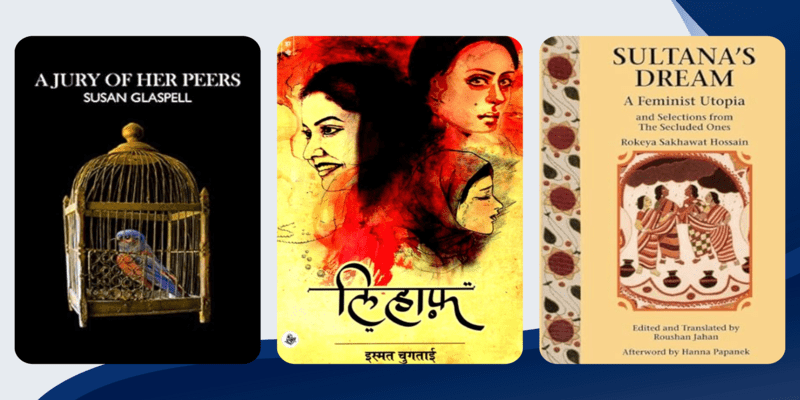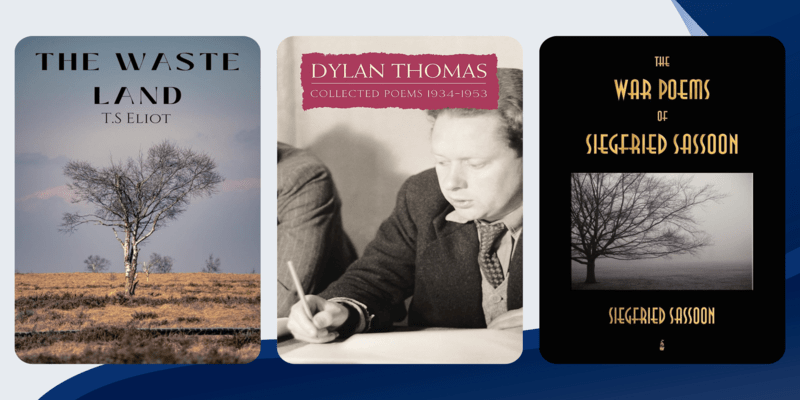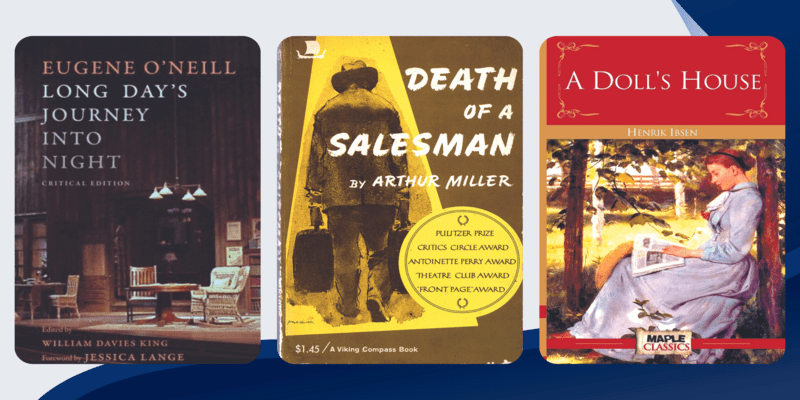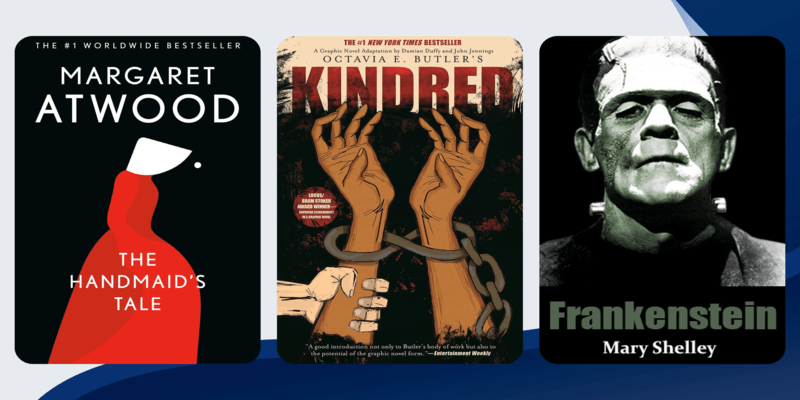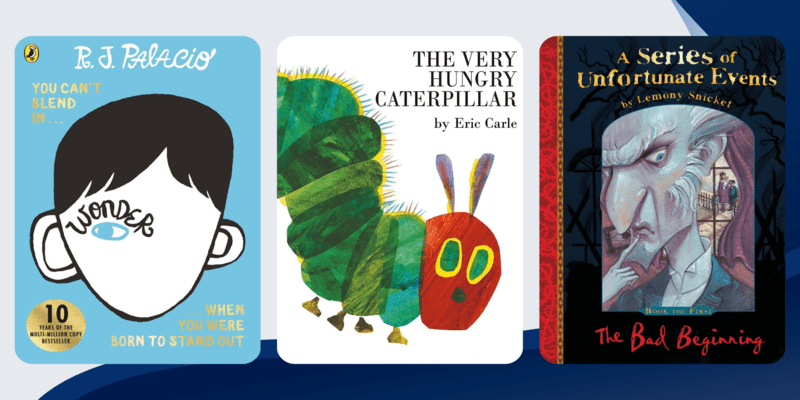Books around mental health you must read
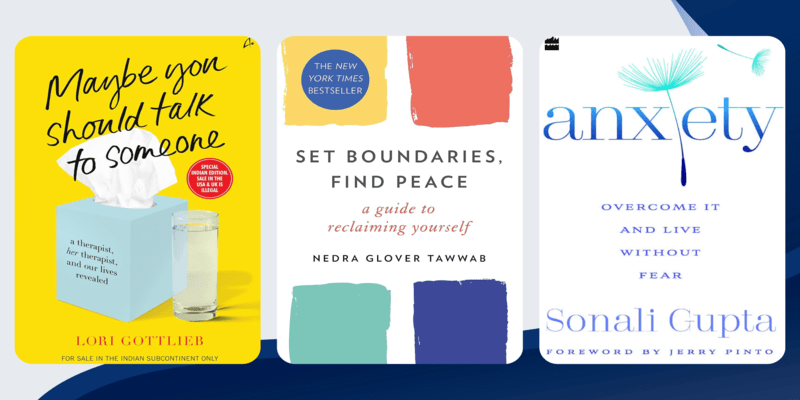
In today’s day and age, every second person in a group of five is suffering from mental distress. The pressure to balance multiple responsibilities, the need to keep up with work deadlines, personal goals, and social expectations creates an overwhelming burden on an individual, resulting in unwanted tension and trauma. As a result, it has become crucial to adopt stress management techniques and focus on one’s mental health. And, hence I’ve decided to share some interesting books around mental health.
Our parents did not have the means to work on their mental health. They also did not have the right resources or education about the subject that was then considered a taboo. However, the times have changed. Conversations around mental health have grown substantially over the years. People are beginning to recognise that mental health is just as important as physical health. There’s awareness on how mental well-being affects productivity, quality of life, and relationships, leading to a growing emphasis on mental health support.
Employers, educators, and communities are increasingly prioritising mental health resources. One such medium that helps in conveying the message is books as they offer valuable insights into understanding mental health conditions, and coping mechanisms, making them useful tools for personal growth and self-awareness. Books help in understanding things at a personal level. What you read, stays with you. Here are my top three recommendations that one should read if they are looking to understand and improve their mental health:
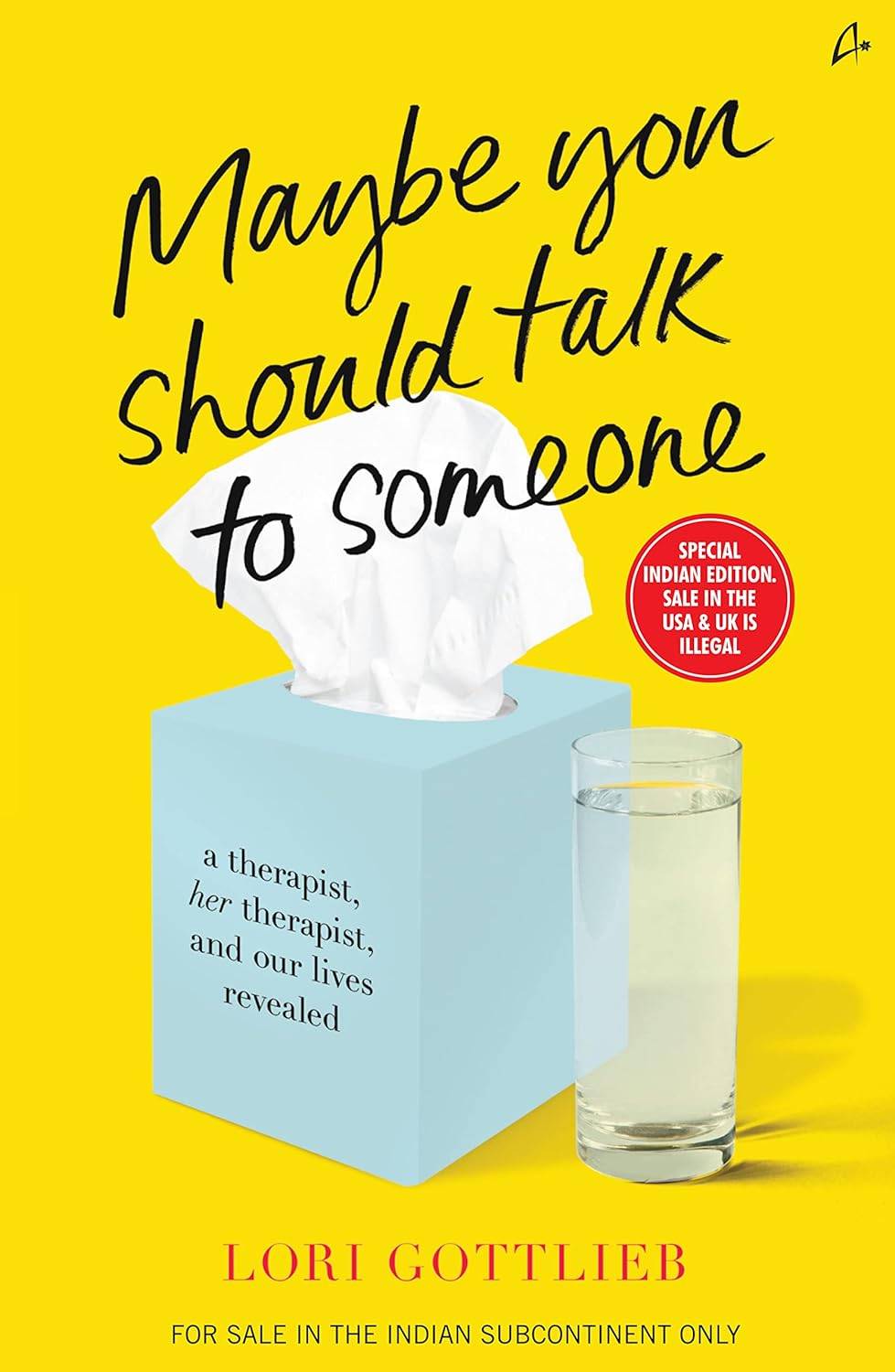
Maybe You Should Talk to Someone by Lori Gottlieb
The book dives deep into getting a taste of therapy as a therapist. Author Lori Gottlieb writes about her clients and also shares her experience as a therapist. With an interesting choice of title, ‘Maybe You Should Talk to Someone’, the author encourages people to talk about things as sharing helps in resolving issues. And, even if it doesn’t solve them, it surely does open doors to understanding them. In this extremely witty and endearing read, we find a road to self-discovery by discussing and understanding the bitter truths and lies we all tell ourselves time and again. Through the book, you’ll find personal anecdotes that therapists can relate to. At the same time, it offers insightful accounts for all existing and potential clients in therapy. It shows how each client is different from the other. How we all aren’t exactly ready for therapy, ready to see the mirror, ready to become vulnerable. We all have our ways and coping mechanisms to deal with the problems and issues at hand. However, by opting not to be vulnerable infront of others, we harm ourselves in the long run.
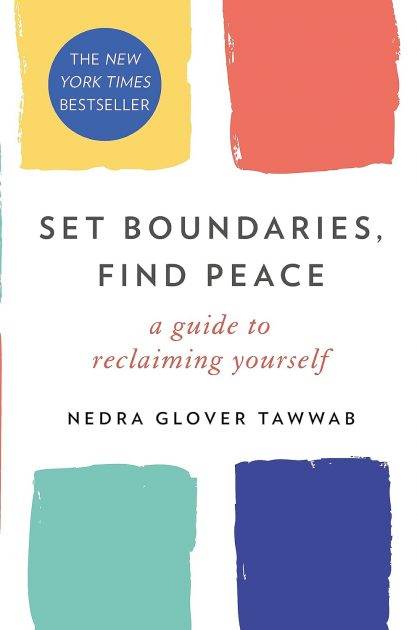
Set Boundaries, Find Peace by Nedra Glover Tawwab
This book is one of my all-time favourites. Nedra Tawwab is a renowned therapist and her ‘Nedra nuggets” are extremely popular. Boundaries are core to every human being as they help us maintain balance in life, friendships, relationships, and at work. In this book, the author goes on to demystify boundaries and offers different perspectives. Tawwab discusses simple yet powerful ways to establish healthy boundaries and how to communicate them effectively. Changing your behaviour and not forcing others to change can be a significant part of setting boundaries. We often try to communicate our boundaries clearly and enforce consequences when they are not respected. It’s important that when someone crosses the line on one of our boundaries, we take action to protect ourselves and our needs. She further shares that there is no set rule book laid out for what qualifies as a boundary and what doesn’t. What I may see as a boundary, another might not. For instance, what are your views on working on a vacation. Some people don’t mind working on a vacation while some are not comfortable at all. Your boundaries are unique to you and have nothing to do with what others think.
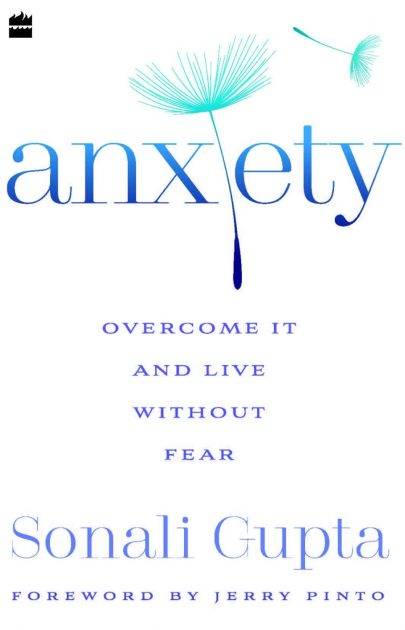
Anxiety by Sonali Gupta
Author Sonali Gupta released her first book in May 2020 when COVID-19 was at its peak and there was chaos everywhere. It was at that time when most people realised that mental health is an important aspect of life. As evident from the title, the book revolves around anxiety — a mental health crisis that has gripped over 301 million people in the world. The word ‘anxiety’ is highly overused in today’s world. Almost everyone uses the term without understanding the gravitas of the situation. Through case studies, Gupta tries to encapsulate mental health conditions, specifically in India, among young adults and millennials. She identifies how anxiety as a phenomenon that can be triggered anywhere by anyone or anything. After addressing questions such as what is the difference between anxiety and stress, what is a panic attack, and how does one know that now is the time to get help, the author provides a few strategies for those who are susceptible to anxiety attacks. Through these techniques, one can confront their fears and take control of their lives.
Understanding your mental health, navigating through challenging times, being in control, balancing life, and taking care of yourself are some of the fundamentals of mental health and well-being that need to be revised from time to time. While these books around mental health can be a great starting point, you should know that reading is not a substitute for actually getting professional mental health support and help. There is no alternative to therapy. It can’t be substituted with books, movies, spas, or shopping. Therapy is a tool that can be used to your advantage to be a better version of yourself. If you ever feel the need to seek support, do it immediately.

